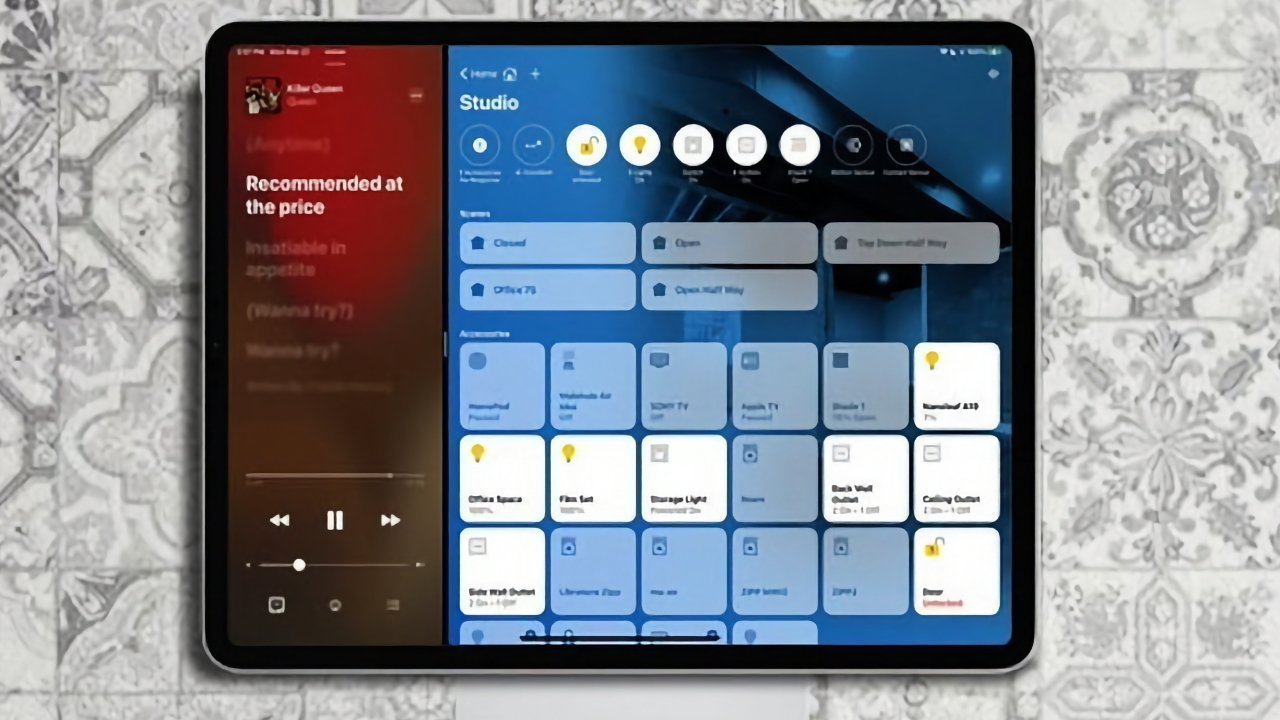Newly re-elected Debian Project Leader Andreas Tille posted today to the project’s mailing list a few updates about different happenings in the Debian world ahead of the Debian 13 “Trixie” release due out in the coming months and also with DebConf 25 happening this July in Brest, France.
As part of some of his goals he hopes to see tackled in his second term as Debian Project Leader is better addressing dormant packages. Andreas Tille wrote in today’s update about the work being done to enhance the process when a Debian package falls into a dormant state without any active maintainership:
“Debian was founded on the principle that each piece of software should be maintained by someone with expertise in it–typically a single, responsible maintainer. This model formed the historical foundation of Debian’s packaging system and helped establish high standards of quality and accountability. However, as the project has grown and the number of packages has expanded, this model no longer scales well in all areas. Team maintenance has since emerged as a practical complement, allowing multiple contributors to share responsibility and reduce bottlenecks–depending on each team’s internal policy.
While working on the Bug of the Day initiative, I observed a significant number of packages that have not been updated in a long time. In the case of team-maintained packages, addressing this is often straightforward: team uploads can be made, or the team can be asked whether the package should be removed. We’ve also identified many packages that would fit well under the umbrella of active teams, such as language teams like Debian Perl and Debian Python, or blends like Debian Games and Debian Multimedia. Often, no one has taken action–not because of disagreement, but simply due to inattention or a lack of initiative.
In addition, we’ve found several packages that probably should be removed entirely. In those cases, we’ve filed bugs with pre-removal warnings, which can later be escalated to removal requests.
When a package is still formally maintained by an individual, but shows signs of neglect (e.g., no uploads for years, unfixed RC bugs, failing autopkgtests), we currently have three main tools:
1. The MIA process, which handles inactive or unreachable maintainers.
2. Package Salvaging, which allows contributors to take over maintenance if conditions are met.
3. Non-Maintainer Uploads (NMUs), which are limited to specific, well-defined fixes (which do not include things like migration to Salsa).These mechanisms are important and valuable, but they don’t always allow us to react swiftly or comprehensively enough. Our tools for identifying packages that are effectively unmaintained are relatively weak, and the thresholds for taking action are often high.
The Package Salvage team is currently trialing a process we’ve provisionally called “Intend to NMU” (ITN). The name is admittedly questionable–some have suggested alternatives like “Intent to Orphan”–and discussion about this is ongoing on debian-devel. The mechanism is intended for situations where packages appear inactive but aren’t yet formally orphaned, introducing a clear 21-day notice period before NMUs, similar in spirit to the existing ITS process. The discussion has sparked suggestions for expanding NMU rules.
While it is crucial not to undermine the autonomy of maintainers who remain actively involved, we also must not allow a strict interpretation of this autonomy to block needed improvements to obviously neglected packages.
To be clear: I do not propose to change the rights of maintainers who are clearly active and invested in their packages. That model has served us well. However, we must also be honest that, in some cases, maintainers stop contributing–quietly and without transition plans. In those situations, we need more agile and scalable procedures to uphold Debian’s high standards.
To that end, I’ve registered a BoF session for DebConf25 to discuss potential improvements in how we handle dormant packages. These discussions will be prepared during a sprint at DebCamp, where I hope to work with others on concrete ideas.
Among the topics I want to revisit is my proposal from last November on debian-devel, titled “Barriers between packages and other people”. While the thread prompted substantial discussion, it understandably didn’t lead to consensus. I intend to ensure the various viewpoints are fairly summarised–ideally by someone with a more neutral stance than myself–and, if possible, work toward a formal proposal during the DebCamp sprint to present at the DebConf BoF.
My hope is that we can agree on mechanisms that allow us to act more effectively in situations where formerly very active volunteers have, for whatever reason, moved on. That way, we can protect both Debian’s quality and its collaborative spirit.”
More details within this mailing list post.
We’ll see what comes of this work to help reduce the number of dormant packages within Debian Linux. It’s by far not a Debian-only issue but unfortunately a common issue for distributions when amassing a large stockpile of packages and ultimately some of the volunteer maintainers quietly moving on or having too much on their plate to punctually maintain all the packages they oversee.

-Reviewer-Photo-SOURCE-Julian-Chokkattu-(no-border).jpg)








